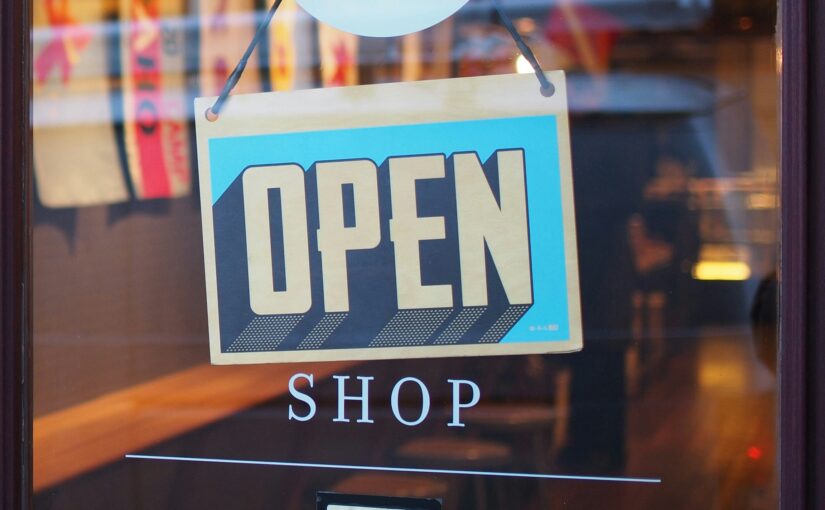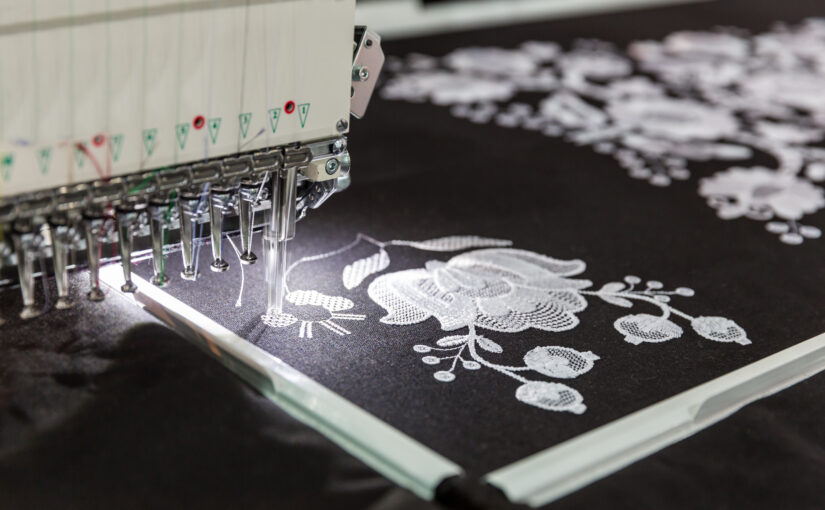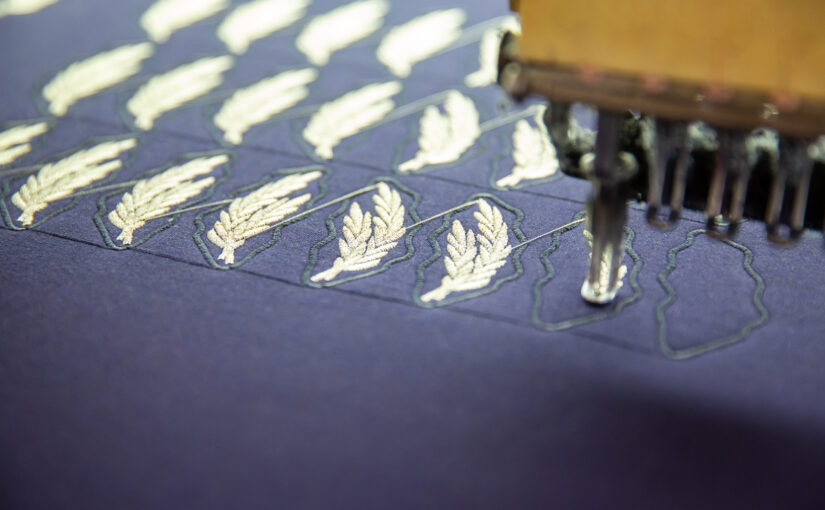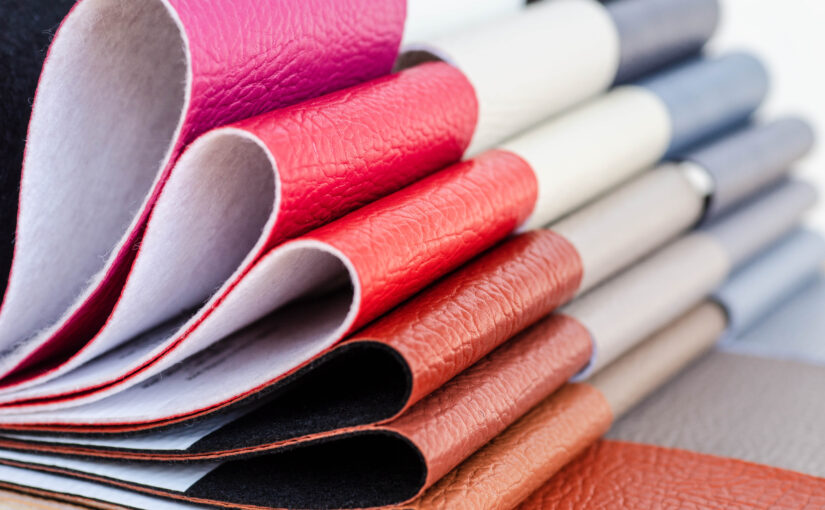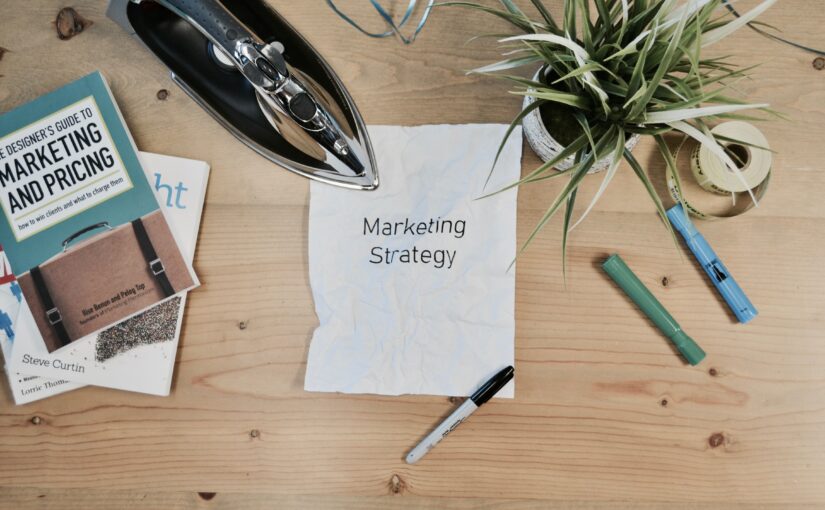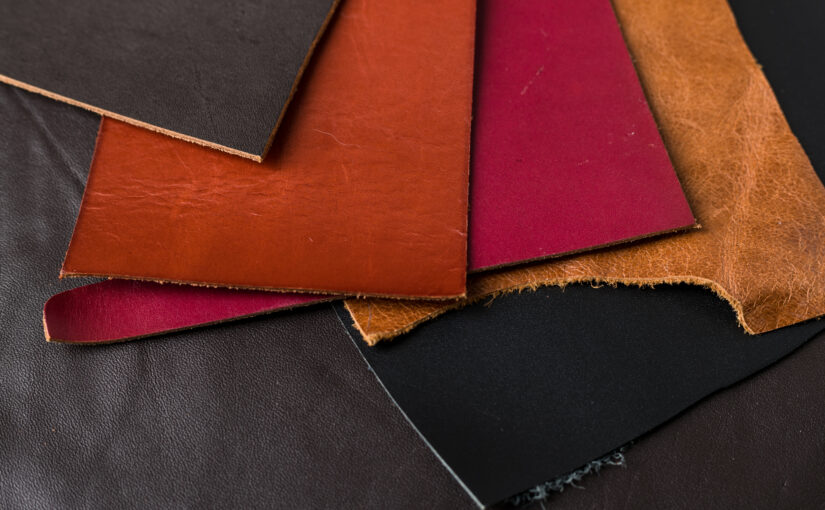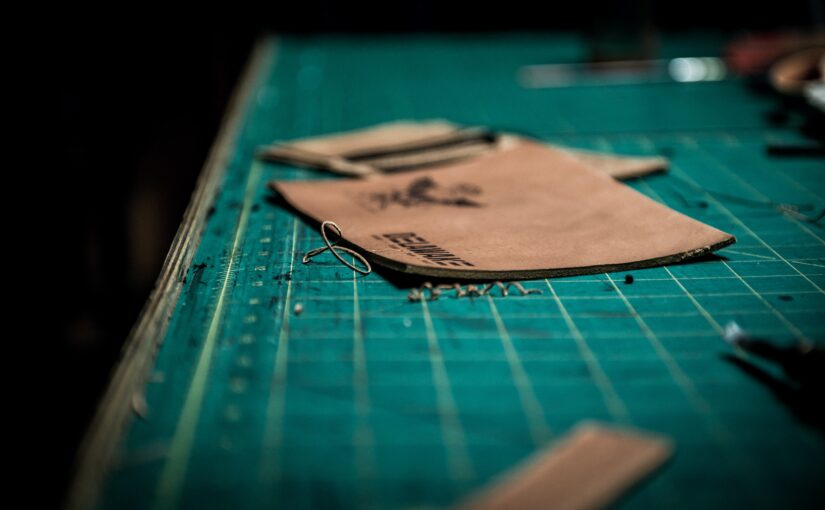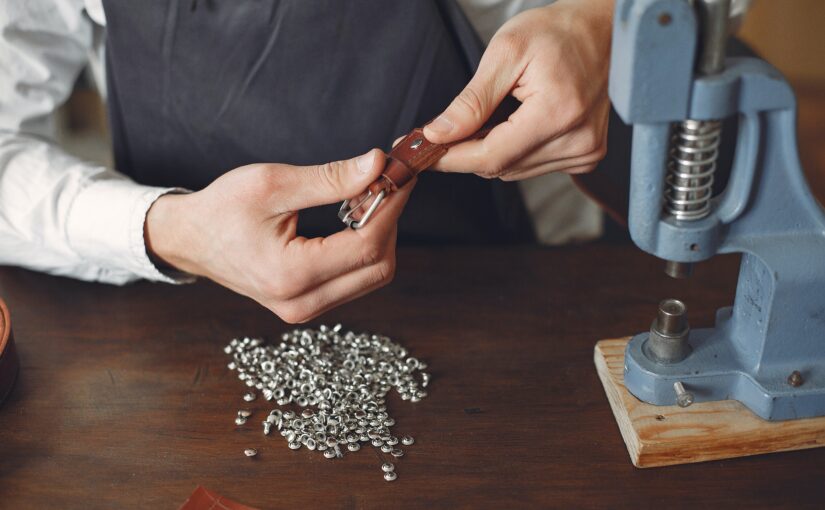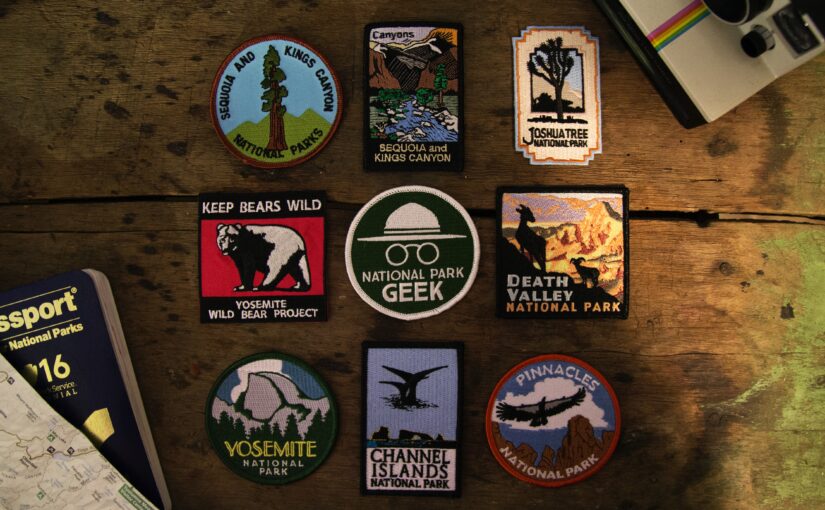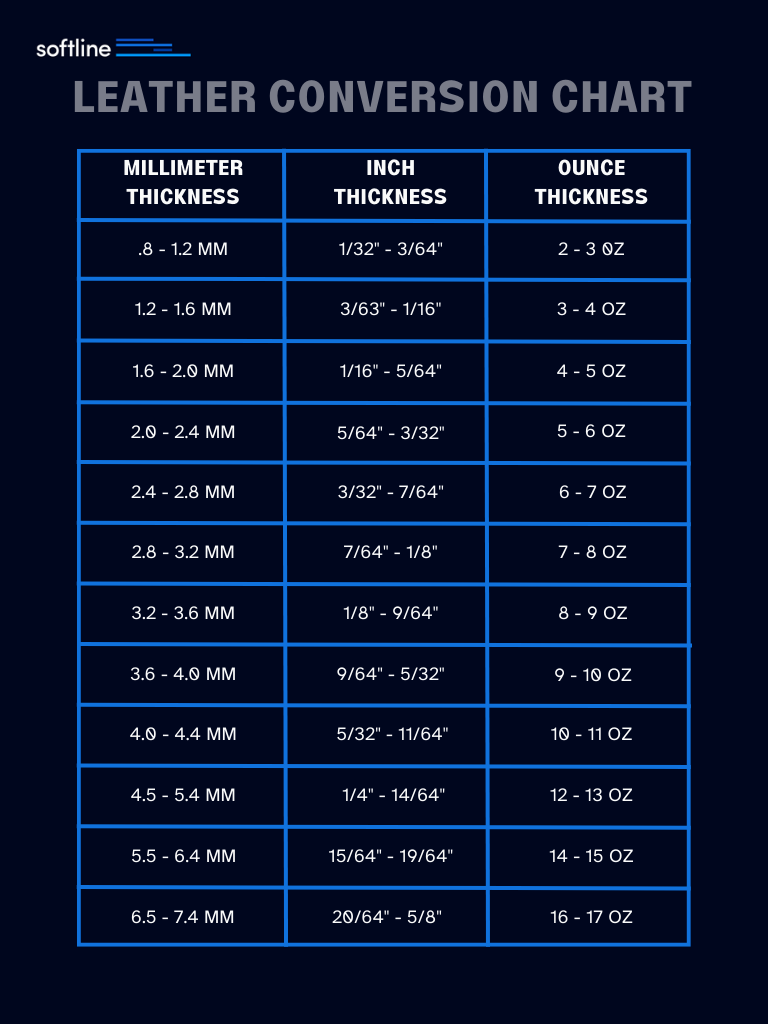Small businesses are essential to the American economy, spurring economic growth and innovation. However, they are often faced with challenging decisions regarding the production process of their products. While overseas production may seem alluring with potential cost savings, domestic manufacturing offers many advantages. Let’s explore the profound benefits that domestic manufacturing offers small businesses in the soft goods industry!
The Economic Impact of Domestic Manufacturing
Domestic manufacturing plays a vital role in supporting our local and national economies. According to the U.S. Department of Defense, the United States Manufacturing industry contributes over $2.3 trillion to the U.S. economy. When small businesses keep their manufacturing processes domestic, they contribute to financial circulation that benefits their local, state, and national communities. Unlike overseas production, where foreign economies reap the benefits, domestic manufacturing bolsters local economies, driving stability in communities nationwide.
Additionally, by keeping your small business production close to home, you can contribute directly to creating jobs for various skilled workers. These jobs provide financial stability for American families, allowing them to further contribute to the nation’s economy.
Quality Control and Product Integrity
Creating and delivering high-quality products is crucial for the survival of small businesses. Domestic manufacturing gives these essential businesses enhanced control over the production process, allowing them to monitor every aspect of the production process and ensure their products are up to par.
This greater attention to detail and focus enables small businesses to maintain strict quality control measures. Small businesses can ensure their domestic manufacturer adheres to strict quality control specifications, allowing them to deliver consistently quality products to consumers. This improves customer satisfaction and contributes to a long-term positive reputation for your brand.
Supply Chain Resilience and Flexibility
As the COVID-19 pandemic demonstrated the vulnerability of the global supply chain, small businesses need to strategically strengthen their supply chains, allowing them to adapt to unforeseen circumstances. Domestic manufacturing gives these businesses greater control over and connection to their supply chains. These manufacturers can source materials locally, reducing dependence on overseas production. This ultimately helps small companies to mitigate risks associated with global instability, like illness, war, and other logistical challenges. Domestic manufacturing helps small businesses minimize disruptions in the supply chain, ensuring a steady flow of products.
Additionally, proximity and control enable businesses to respond to consumer trends and demands quickly. When working with overseas manufacturers, you may struggle to keep up with rapidly changing consumer wants and needs, potentially causing your small business to miss the mark and lose its competitive edge. However, with domestic manufacturers, companies can quickly adapt to changes in the market. Flexibility and adaptability allow faster product development, timely launches, and higher profits.
Environmental and Social Responsibility
As sustainability and corporate social responsibility become more critical to consumers, small businesses must align their manufacturing processes with these principles. Domestic manufacturing facilities are held to high labor standards, ensuring all workers are paid and treated fairly.
Domestic manufacturing also contributes to a reduced carbon footprint through stringent environmental regulations. Additionally, keeping your manufacturing close to home reduces transportation distances, which can also reduce small businesses’ carbon footprint. These principles are not only a moral imperative but can also turn into higher profits as more consumers consider sustainability an essential part of their purchase decisions.
Branding and Marketing Opportunities
Domestic manufacturing can also be a powerful marketing tool for small businesses. In an age of mass overseas production, many consumers are searching for locally-made and ethically-made products. The label “Made in USA” symbolizes authenticity, ethical practices, and craftsmanship to consumers. This phrase causes consumers to associate your company and products with quality and precision that overseas manufacturers cannot match.
Domestic manufacturing also helps businesses build trust and loyalty among consumers. As we previously mentioned, more and more consumers are looking for ethically-made products and companies committed to sustainable and ethical business practices. Domestic manufacturing allows small businesses to be more transparent about their supply chains and production processes, building customer credibility and creating genuine connections with their audience.
The benefits of domestic manufacturing for small businesses cannot be overstated. From spurring the local economy to opening new marketing opportunities, keeping your soft goods manufacturing processes on American soil is the way to go.
Softline: Your Friend in Domestic Manufacturing
Softline Brand Partners will take your soft goods manufacturing to new heights. We offer the flexibility and scalability you can only find with domestic manufacturing partners. Whether you’re a startup looking to bring your vision to life or a Fortune 500 company seeking to streamline your supply chain, we have the expertise and resources to meet your needs. Contact Softline Brand Partners today to learn how our expertise can make a difference for your small business.
